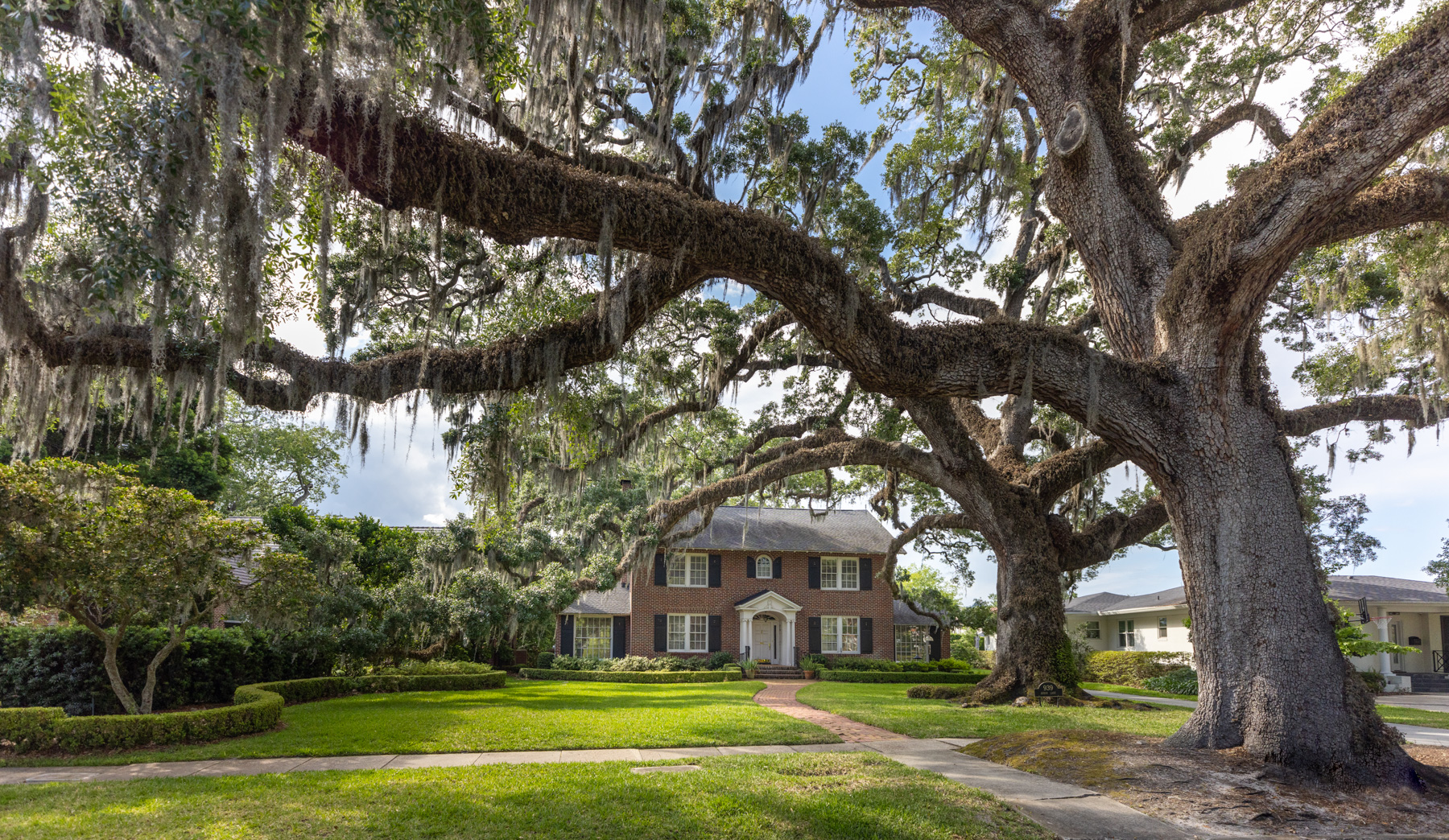When it comes to choosing a new home, prospective buyers often face the dilemma of choosing between historic neighborhoods and new developments. Both have unique advantages, but historic homes offer a distinct allure that new developments simply can’t match. The Historic Collective at Compass specializes in historic properties, and we’re excited to share why living in a historic neighborhood could be one of the best decisions you ever make.
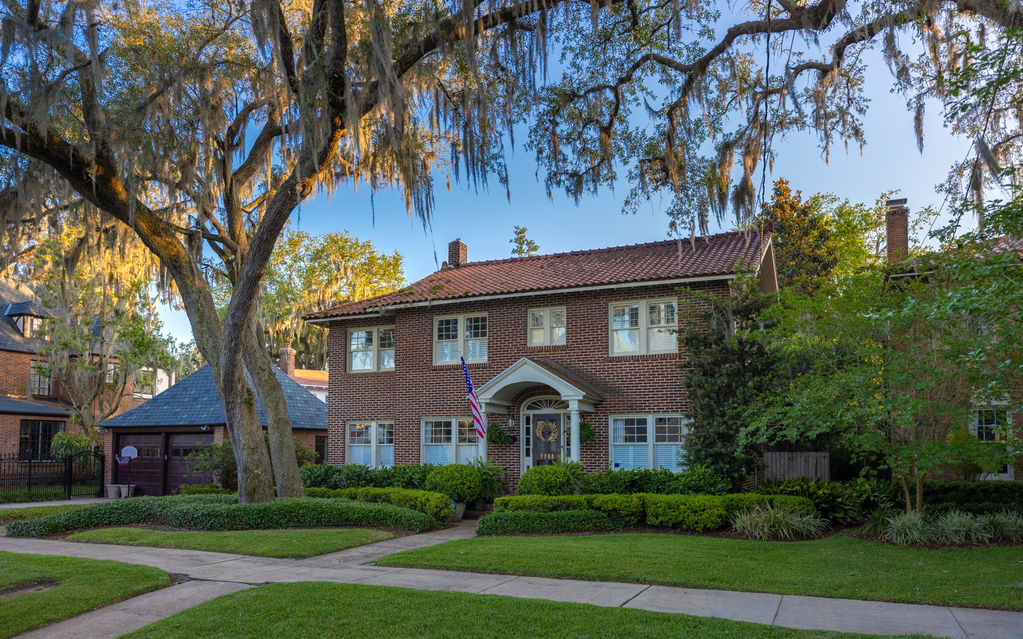
1. Character and Charm
One of the most compelling reasons to choose a historic neighborhood is the unparalleled character and charm that come with it. Historic homes often feature architectural styles and details that are rarely found in modern constructions. Think ornate moldings, hand-crafted woodwork, and unique period details. These homes tell a story and offer a sense of nostalgia that new developments simply can’t replicate.
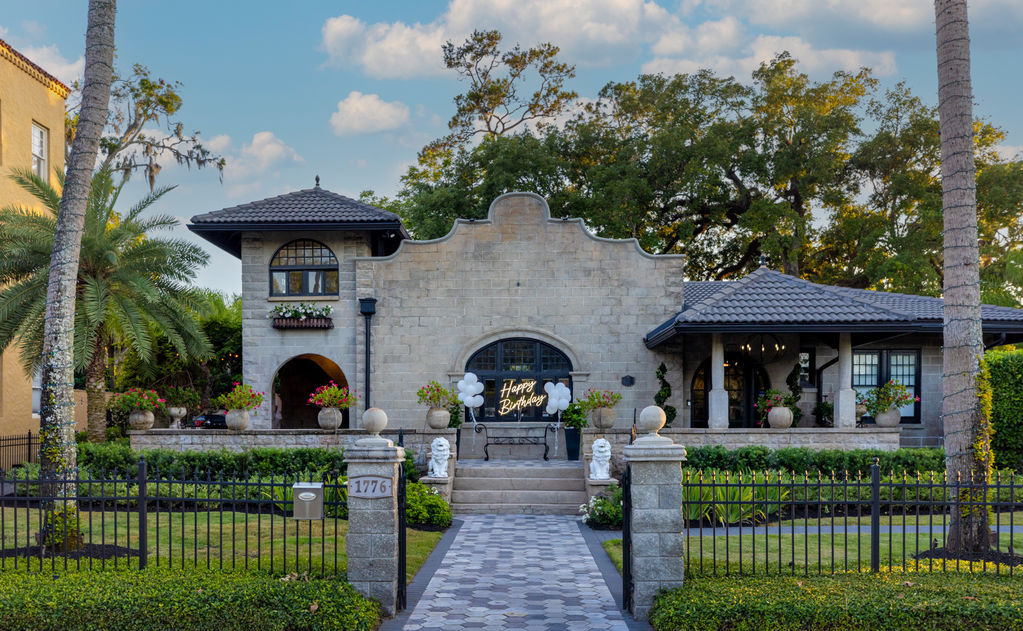
2. Unique Architectural Styles
New developments tend to follow a more uniform design and construction process, which can result in a cookie-cutter appearance. In contrast, historic neighborhoods are known for their diverse architectural styles, from Mediterranean mansions to mid-century bungalows. Each home is a unique piece of history, reflecting the era in which it was built and providing a sense of individuality and distinction.
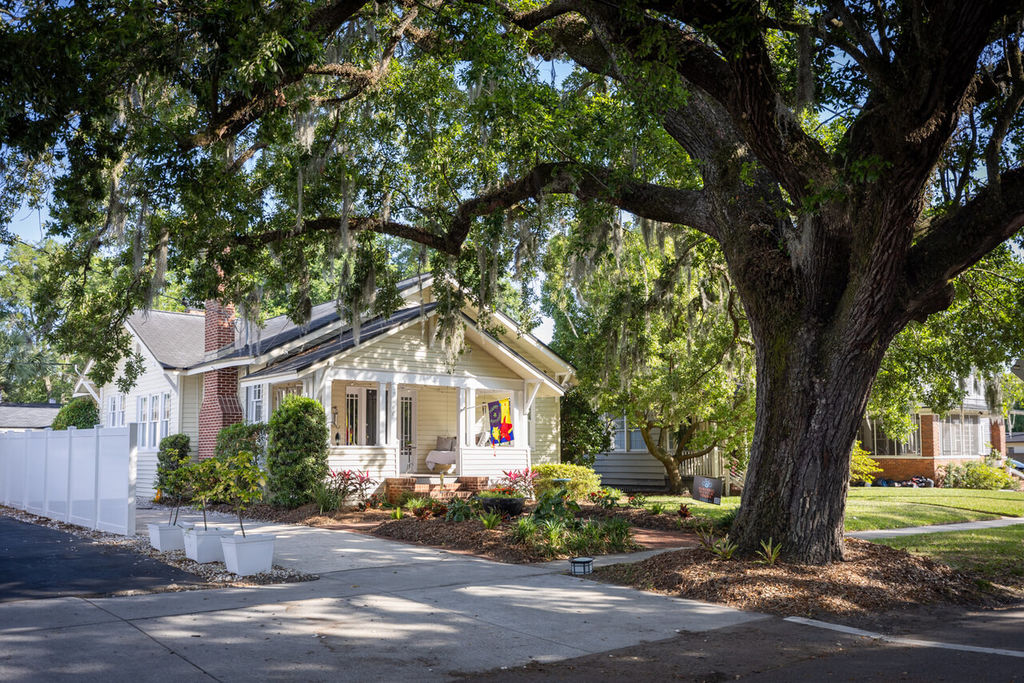
3. Mature Landscaping
Historic neighborhoods often boast mature trees, well-established gardens, and scenic streetscapes that can take decades to develop. The beauty of mature landscaping not only enhances the aesthetic appeal of the neighborhood but also provides environmental benefits, such as improved air quality and natural shade.
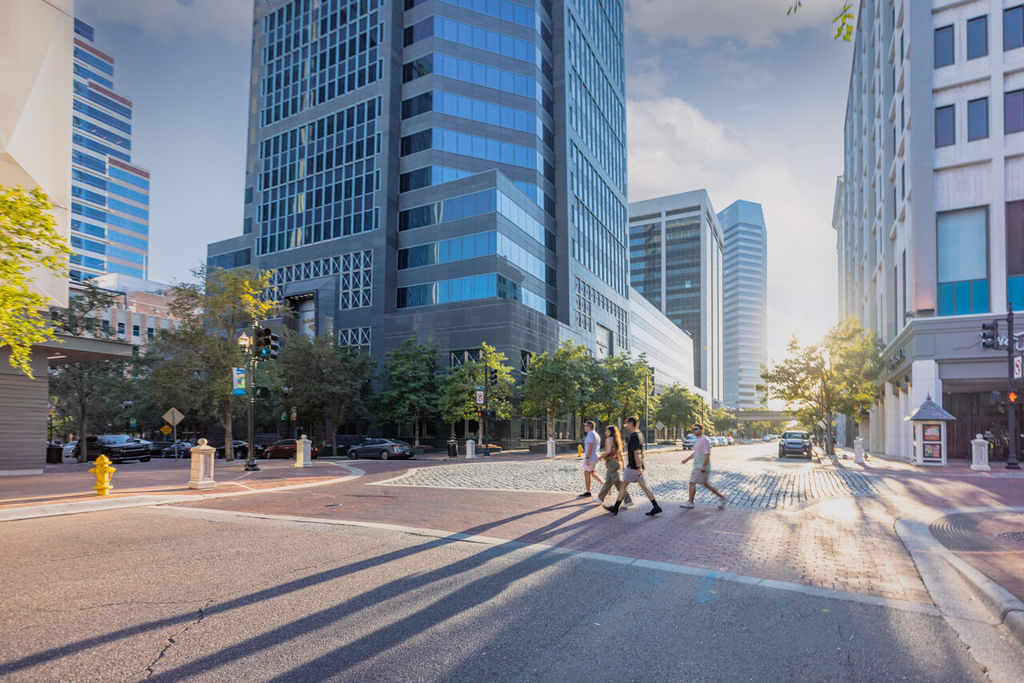
4. Prime Locations
Many historic neighborhoods are located in prime, central areas that have seen long-term investment and development. This often means you’ll be close to downtown areas, cultural institutions, and other amenities. New developments, on the other hand, are frequently built on the outskirts or in developing areas that may lack the same level of convenience.
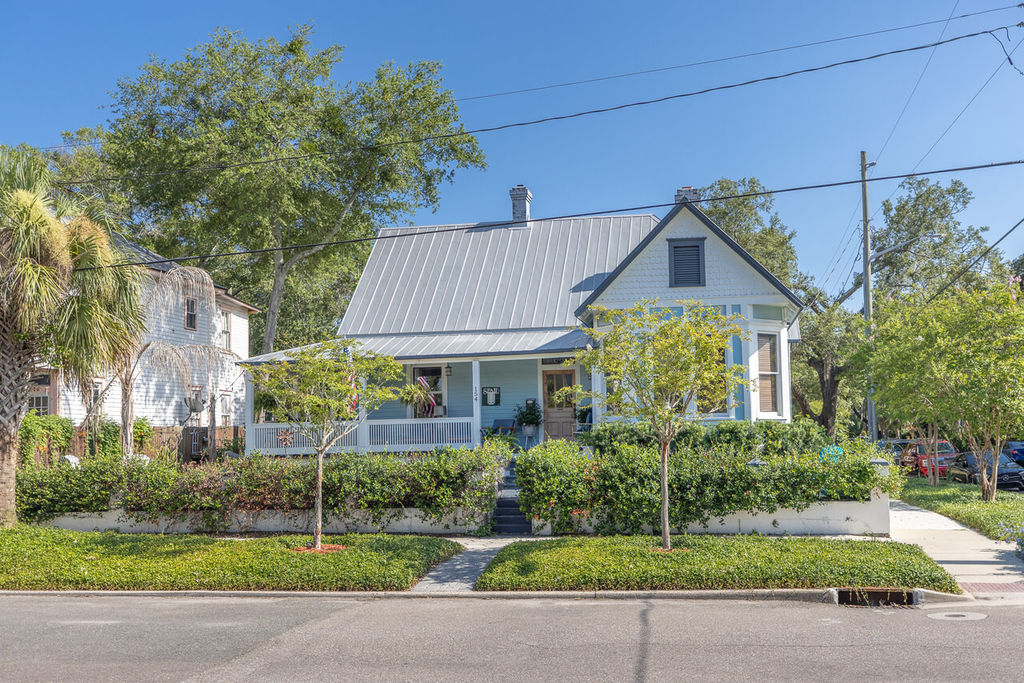
5. Historical Value
Owning a home in a historic neighborhood connects you to a piece of history. These homes often have historical significance and can appreciate in value over time, not just as real estate but as important cultural artifacts. By investing in a historic property, you’re also contributing to the preservation of our shared heritage.
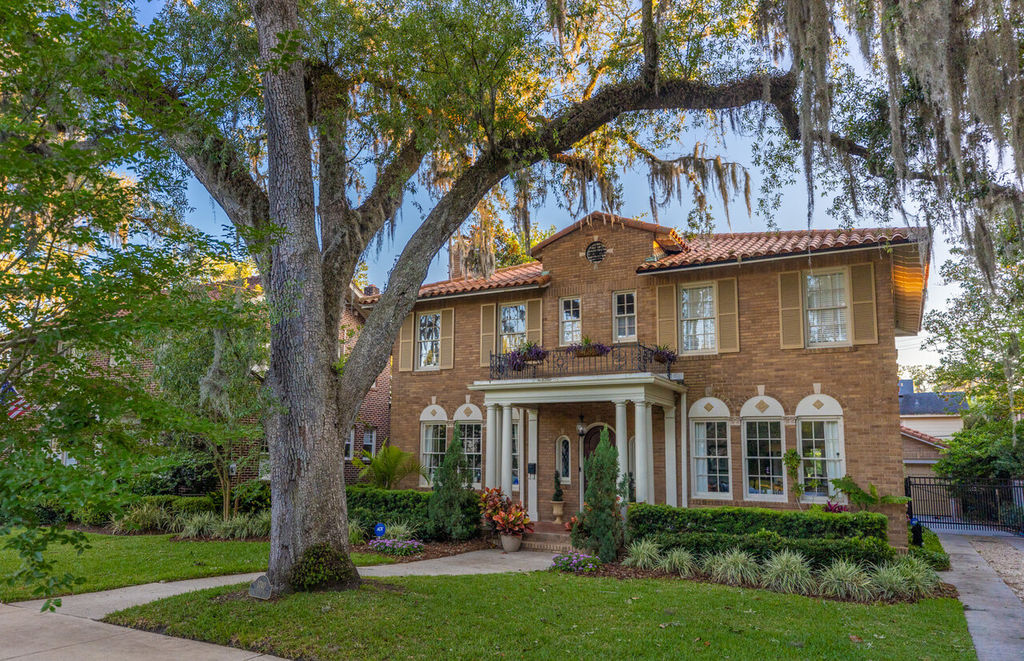
6. Quality Construction
Many historic homes were built with high-quality materials and craftsmanship that were common in earlier eras. The construction techniques used in historic homes often result in durability and quality that may surpass some modern building standards. These homes were built to last, and their sturdy foundations and timeless construction techniques often stand the test of time.
7. Less Environmental Impact
Preserving and renovating historic homes can have a lower environmental impact compared to new construction. By maintaining and repurposing existing structures, you reduce the need for new materials and the waste associated with demolishing old buildings. Many historic homes are also energy-efficient due to their older, well-built nature.
8. Established Communities
Historic neighborhoods often have well-established communities with a strong sense of identity and tradition. These areas have had time to cultivate local events, community gatherings, and a network of neighbors. In contrast, new developments can take years to build up the same level of community cohesion and local culture.
9. Cultural and Historical Significance
Living in a historic neighborhood allows you to experience the cultural and historical context of the area firsthand. You’re not just buying a house; you’re becoming part of a narrative that spans generations. The stories of past residents, historical events, and architectural trends are woven into the fabric of your daily life.
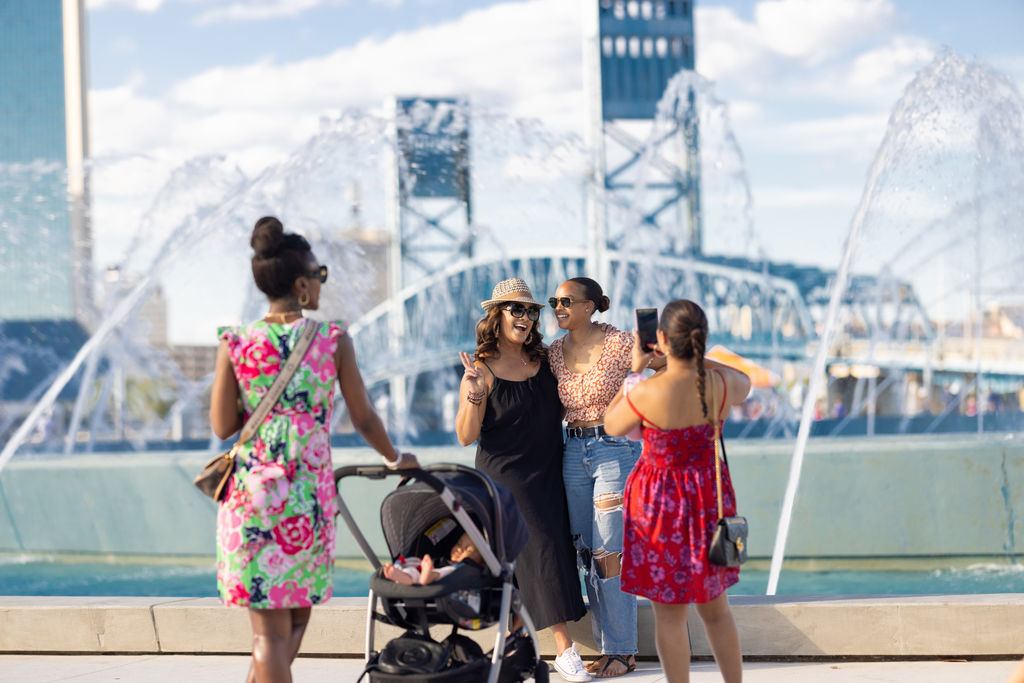
10. Community Involvement
Historic neighborhoods often have active local preservation societies and community groups dedicated to maintaining the area’s charm and character. This can provide you with numerous opportunities to get involved, from participating in neighborhood events to contributing to preservation efforts and local advocacy.
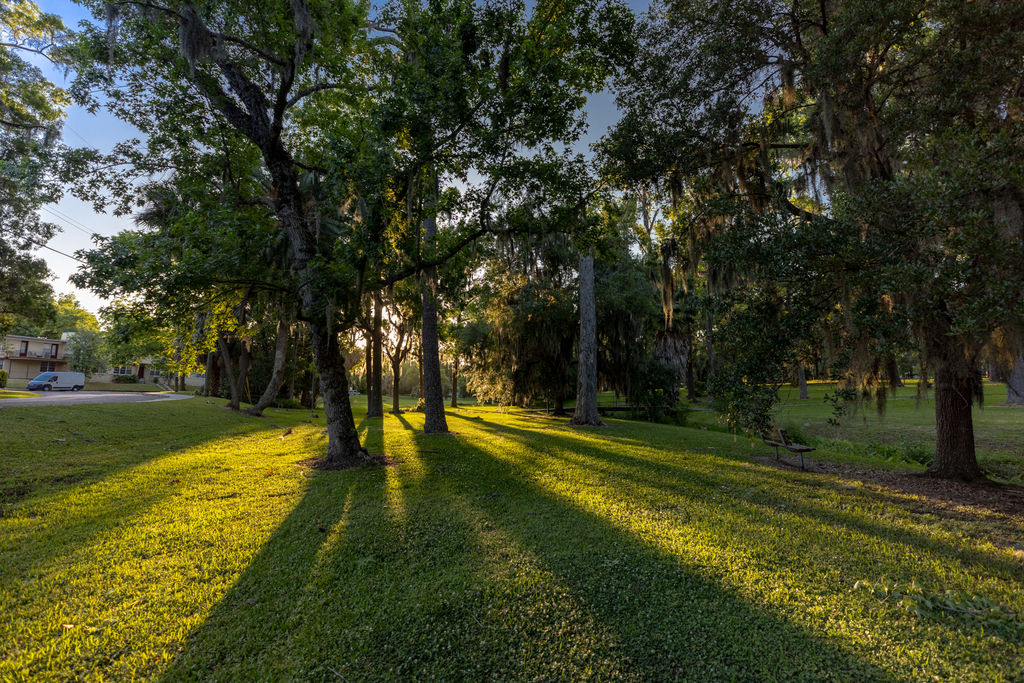
While new developments certainly offer modern conveniences and innovative designs, historic neighborhoods provide a unique blend of charm, character, and community that modern construction often lacks. If you’re drawn to the idea of living in a home with a rich history and becoming part of a vibrant, established community, a historic neighborhood could be the perfect choice for you. Embrace the elegance of the past and enjoy the timeless benefits of living in a home that has stood the test of time.
Feel free to reach out if you’re interested in exploring historic homes in our area—I’d love to help you find a property that matches your dreams and lifestyle. Contact us today to learn more about buying a home in Jacksonville’s historic neighborhoods. You can also search properties to see what’s currently on the market.


